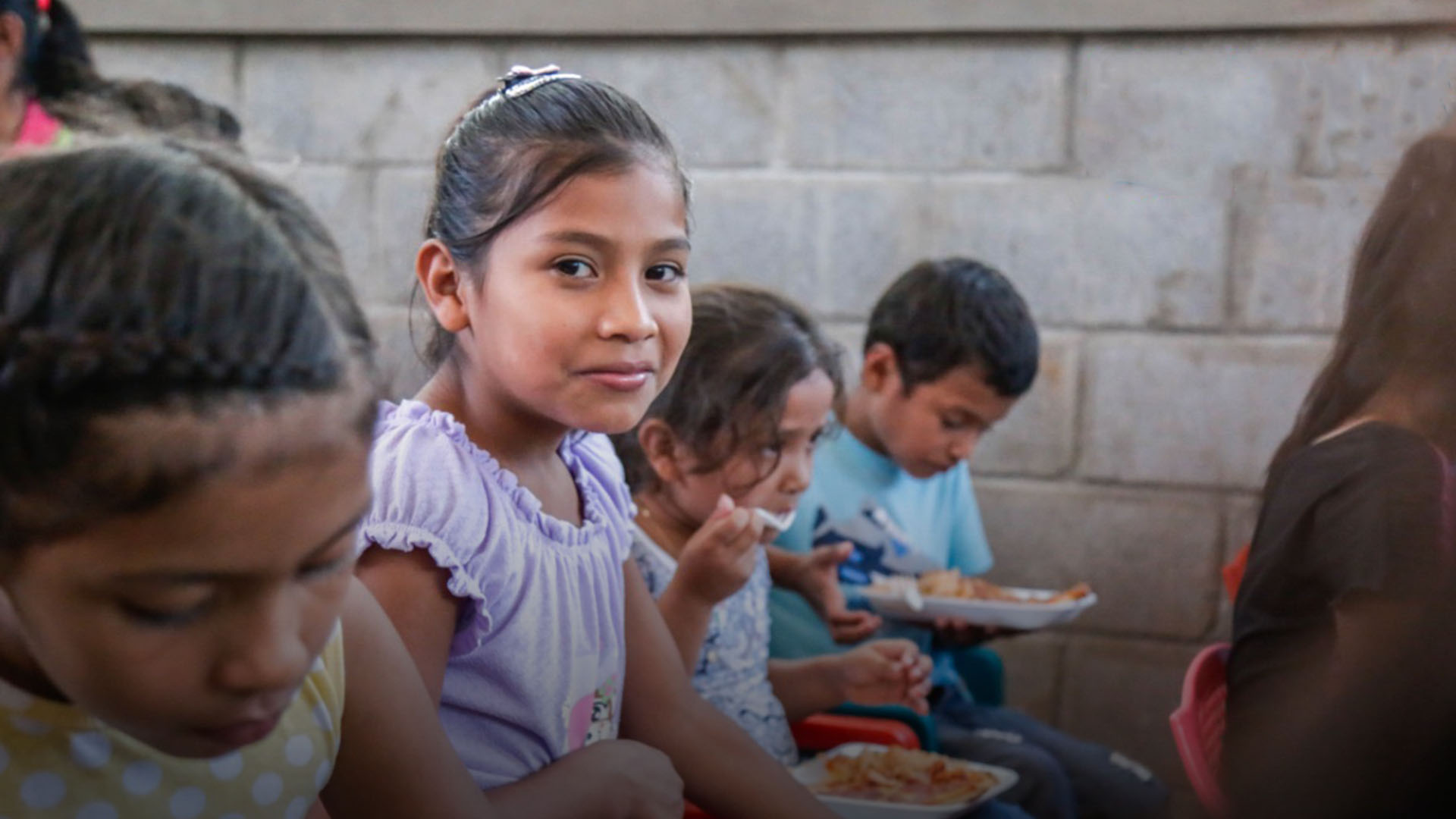World Challenge’s partners are working with Nicaraguan coffee farms to bring them hope for a new future as well as a new church.
People may joke about coffee being their lifeblood, but for many Nicaraguans, that saying comes all too close to the truth for very different reasons.
The majority of Nicaragua’s exports is coffee. Unfortunately, the industry is plagued by problems in a country that is already foundering under the weight of political corruption, economic instability and an increase in violent crimes.
Nicaraguan coffee farms have historically suffered from diseased plants, poor management and backlogs of necessary improvements. Because of rising awareness of exploitation issues among coffee-purchasers, more farms are raising their pay so they can achieve fair trade status.
Even so, problems persist with worker poverty and poor infrastructure to reinforce rules that protect workers.
The Privilege of Learning
The community of Guadalupe, technically part of the larger city of San Ramon in Nicaragua, has about 500 families living around the coffee farms.
There, it’s normal to see children working in the fields with their parents rather than attending school. Technically, Nicaragua has labor laws against hiring children for work, but they can’t be left alone and if they’re contributing to their parents’ gleanings in the field, the overseers often look the other way.
A family earns about $0.85 for each 40 pounds of coffee that they collect. Once the coffee season ends, many parents resort to gathering firewood and fruit in the jungle to earn a little money until the next coffee harvest rolls around.
Most of Guadalupe’s people live in near-perpetual poverty.
Borgen Magazine reports, “After Haiti, Nicaragua is the second most impoverished country in Latin America and the Caribbean.” Lack of education is largely responsible for this trend, particularly in rural areas. Outside of Nicaragua’s major cities, only 7 percent of children will complete primary school. The rest are only students for an average of 4 and half years before dropping out completely.
In an effort to combat these trends, World Challenge’s partners in Nicaragua have gone to Guadalupe to build a new event center and activity area for the local school. The team has also developed a feeding program to encourage families to send their children to school where education can begin breaking the cycle of poverty.
Since the new building’s construction, the school’s attendance has nearly doubled to about 300 children. The new building has brought the community together, in addition to providing children with a refuge and place to learn practical skills and about God.
A New Place of Worship
The building’s purpose extends beyond just school. While education has the potential to help children, knowledge of God will do so much more for them.
The team has begun hosting church services in the building, offering biblical teaching and prayer for families’ needs. They have also started a once-a-week outreach to the elderly in the community, many of whom suffer chronic illnesses or pain as a result of the punishing life they’ve led to provide for their families.
The special service provides lunch and then turns to a worship and prayer session. Many who are struggling with illness or isolation have been deeply affected by this effort to care for their physical and spiritual needs.
One particular member of the church wrestles with a crippled leg. Touched by the devotion and care she’s witnessed, she has become a dedicated volunteer with the team, traveling regularly from her home to the new center, despite the difficulty thanks to her disability.
“It’s a great blessing to have this building here,” she explained to our team, “to come and glorify God.”
The new building has come to represent God’s very present love and care for these people as well as his plans for their future.
